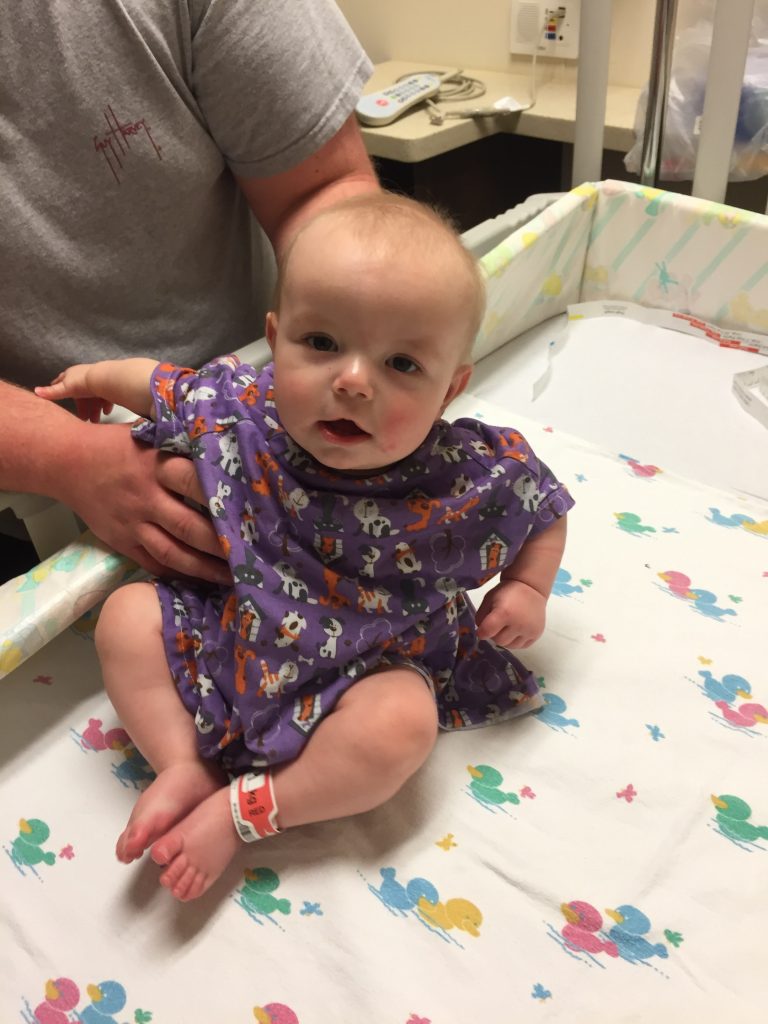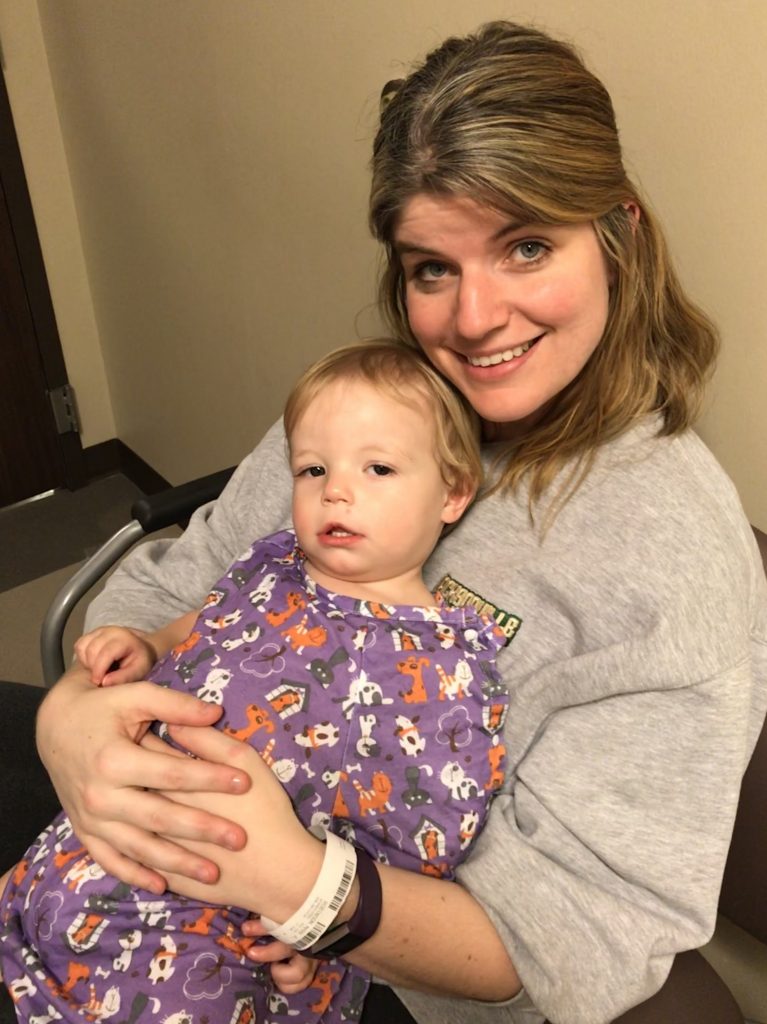In 2017 our son, who was six months at the time, had three surgeries. Two were for a rare genetic disorder called hypospadias and one was to put tubes in his ears. To say our first year of parenting was put to the test is an understatement. Three surgeries in one year will do that to you. We were really tested when the bills started coming in!
Preparing for a Surgery or Procedure
If you or a family member have ever had any procedure done, then you know what the bills look like. It’s not just a bill from the hospital. There’s also the anesthesiologist and the doctor. Or if it’s a pregnancy, then you might have an extra surgeon bill, like I did when I had an emergency c-section with my surrogacy baby in 2019.
Months later, the bills just kept rolling in.
More shocking though came when we received the bill from the anesthesiologist. Even though our doctor was in-network, the anesthesiologist that their office used was not. Now we had a $12,000 bill to fork over.
It was because of one amazing Customer Service representative at the anesthesiologist office that made me aware of a RAPS rule.
What’s that? Let me explain, but I will start from the beginning. It could save you $12,000 like it did us!

Understanding Your Insurance Prior to a Surgery
We knew at six weeks old that our son would need to have surgery. The surgery would need to wait until he was six months old. After the overwhelming conversation with the doctor, we knew we had to try to adequately prepare for his surgery.
We started poring over our insurance. There was the deductible and then our out-of-pocket maximum to take into consideration. Down to the penny, we knew how much money we would be out to hit all our max numbers, or so we thought.
Preparing for All Bills Related to Surgery
Because I previously had two knee surgeries and one pregnancy, I knew there were more bills than just one from the doctor. We would have the hospital and anesthesiologist bills. The primary doctor will almost always require upfront payment. Then the hospital, after verifying our insurance, would most likely require a payment up front as well. That means that we just had to wait 3-4 weeks post-surgery for the anesthesiologist bill to come in.
Submitting a Claim with Your Insurance Provider
My husband and I near had a panic attack when we received a $12,000+ bill from our anesthesiologist. I immediately called to ask a million questions about this bill. I spoke with an amazing representative who told me of the “RAPS” rule. This stands for radiology, anesthesiology and pathology services.
If your doctor, who is in-network, works with a provider who is out-of-network and they are the only provider they work with, there is help! You can submit a claim to the insurance company to appeal the billing of the out-of-network provider.
- Download the insurance provider’s claim form.
- Fill it out.
- Include all additional documentation. This included the Explanation of Benefits (EOB) and a note from his doctor. This note explained that the anesthesiologist used is the only one they used.
This made it a medical necessity. It helped that the urologist we used is one of the best surgeons in the world in his field.
Submitting a Mediation Form with the Texas Department of Insurance (TDI)
This form is specific for the TDI requesting mediation. The mediation is between the state and the anesthesiologist. You must again provide the EOBs, the doctor’s information, details about the type of surgery, and where it took place. Additionally, you should include a release of sharing health information about the patient (our son).
Once they received our request, they forwarded the request over to the insurer. They then requested that our insurance company schedule a conference call with the medical provider (our anesthesiologist). If we did not qualify for mediation, the insurance company would send us a detailed response of its findings.
Understanding House Bill 2255
If you Google the above-referenced House bill, you will see it is very wordy. Here’s a breakdown in laymen’s terms.
House Bill 2255 allows for the mediation of claims which occurred on or after June 19, 2009. This involves billing by the following out-of-network providers that had the services performed at an in-network facility.
- Radiologists
- Anesthesiologists
- Pathologists
- Emergency department physicians
- Assistant surgeons
- Neonatologists
Do not expect it to happen overnight. We started this process in August 2017 and received final confirmation that we won the mediation request in December 2017. If you can enter this more prepared, it could definitely shave off some time.
Recommended Plan of Action
- Get with your doctor/surgeon if it is a non-emergency surgery or procedure. You will want to find out all the working parts.
- Verify if the hospital and the medical providers are in-network or out-of-network.
- Get written documentation from the doctor if other providers are out-of-network (i.e., our doctor only used this one anesthesiologist)
- After receiving your Explanation of Benefit from your insurance company, fill out the claim form with them.
- If they do not approve it, fill out the mediation complaint form with the Texas Department of Insurance. (form found here)
- Let the provider know that there is a pending claim filed with the TDI. This will prevent billing and/or collection calls from any out-of-network providers. They will understand.


I hate that I had to learn this because our son had to go through three surgeries in one year. However, having this knowledge has been so great. Hopefully, you will be prepared if this should ever happen to you in the future.













